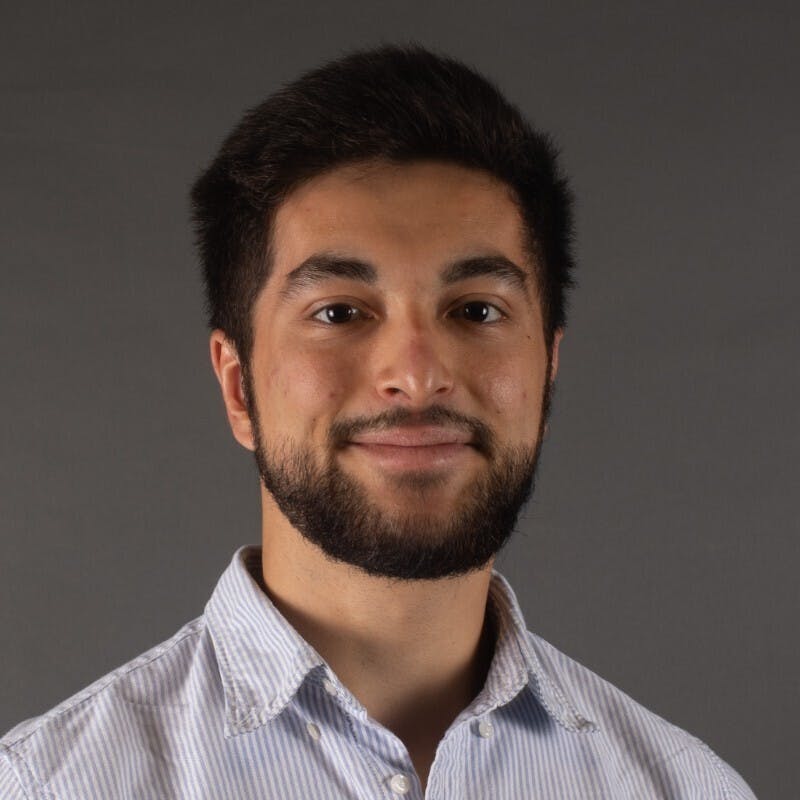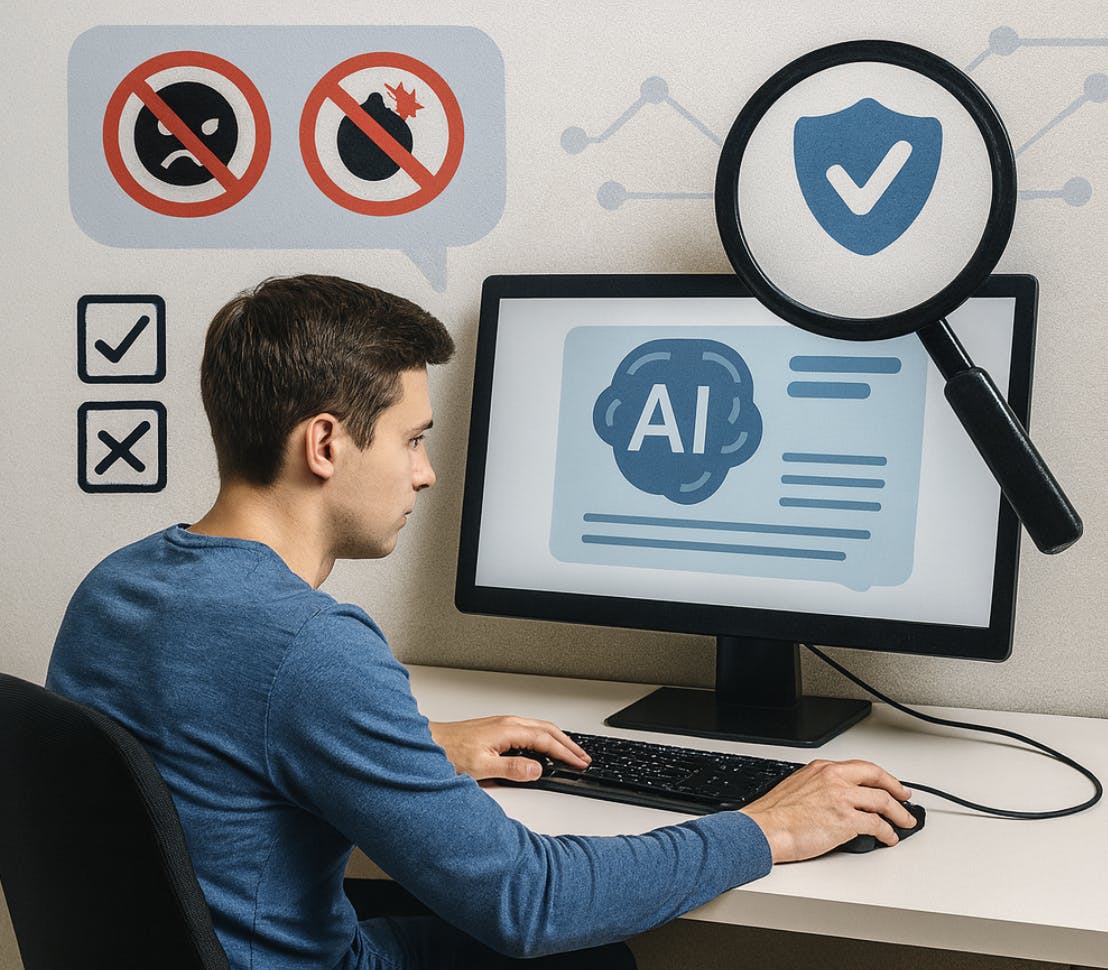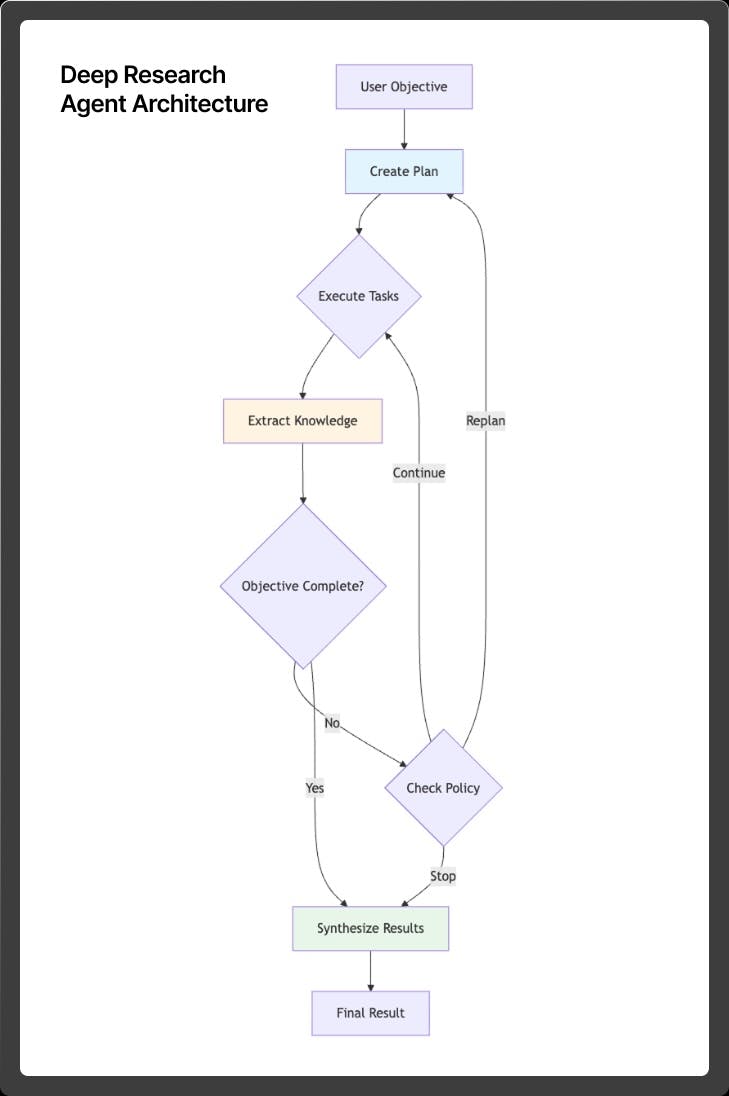- Full name: Raphaël Vienne
- Title: Head of AI, datacraft
- How long has your company been a member of the AI Alliance: 2 months
- A fun fact about you: I have such a big appetite that my mother once thought I had a tapeworm.
Tell us about yourself and what you are responsible for at your company?
I’m Raphaël Vienne, Head of AI at datacraft. I have an engineering background and previously did NLP research for the medical domain.
In my personal life, I generally gravitate around sports and work, and when I have some free time, I either work on personal projects/learning or connect with like-minded people.
At datacraft, I’m responsible for several things:
- our whole program of technical events: ideally twice per week
- our thought leadership through technical content, education and popularization
- technical aspect of our innovative services, such as our treasure hunt hackathons, or our outdoor escape GenAI escape game in Paris
- partnerships: AIA and some others
Why did you and/or your organization join AI Alliance?
We think that openness and trust can only be reached at scale, when everyone is under the same roof, and hope for a future where AI is democratized to anyone.
The AI Alliance’s stance on that topic resonated with us and we’re proud to be part of this journey.
What’s a project you’re working on right now? Why is it meaningful to you?
I’m currently helping four of our affiliated companies participate in the ENS Data Challenge (french academic kaggle). This is an annual machine learning competition where companies open-source datasets and let students hack a machine learning use-case for one year.
This project is very important to me for two reasons:
- I get to know more about our members’ activities and use-cases, reinforcing our partnership.
- It’s a first step towards companies seeing the open-sourcing of some of their data as casual, and reaping the benefits of such a commitment.
How does AI Alliance mission align with your organizations core values?
We strongly believe in openness and responsible development of AI technologies. Our technical content has always and will always be open-source when applicable so there was a clear match.
We also have a stream of events on Trustable AI that I take care of and we often challenge our affiliated companies on openness.
datacraft is about sharing and learning from your peers, a kind of openness that is rooted in the AI Alliance core values.
What about an open approach to AI innovation inspires you?
This approach seems very positive to me, because it’s a journey where you get to meet brilliant like-minded individuals, and a unique journey where you get to collaborate at a scale never seen before.
What’s next on the horizon for your organization?
Our main objective is to keep growing: maintaining a good pace of events, making them more and more relevant to people. We keep on developing new innovative services for everyone to get involved in AI, whatever their background.
We also plan to open new clubs abroad: the next one will be in Morocco, and we’re considering options like San Francisco, Berlin or Asia for the third one.
Where might we see you next and how can the AI Alliance community get in touch with you?
You might see me at any AI Alliance meetup in Europe anytime soon and you can get in touch with me at raphael dot vienne at datacraft dot paris or via the Alliance slack, feel free to send me a message!



